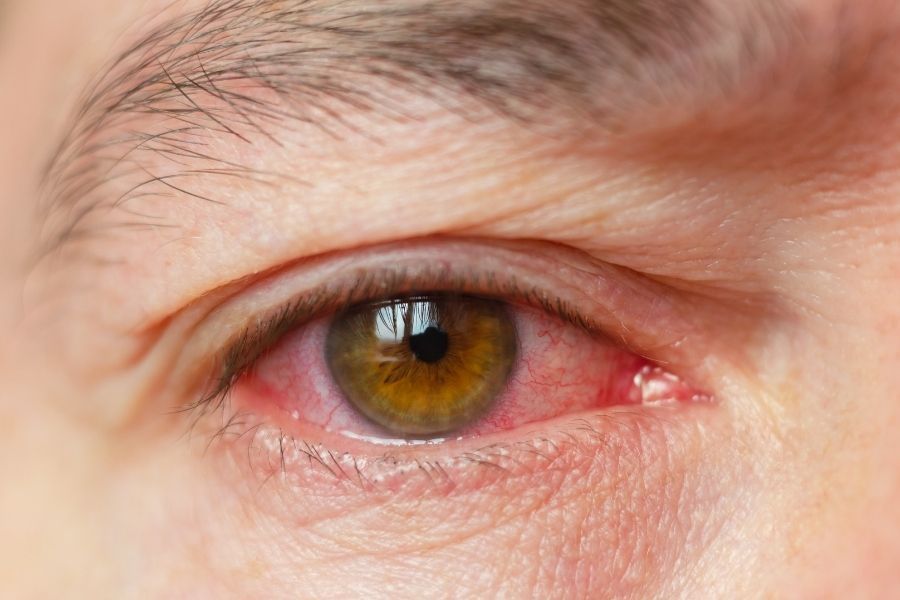
Allergic conjunctivitis is an inflammation of the layer lining the eyeball and the inside of the eyelids (conjunctiva). This is usually due to an allergic reaction to allergens (something that causes an allergic reaction). Some common allergens include pollen, animal fur, polluted air, smoke and perfume. The common symptoms of allergic conjunctivitis include red and itchy eyes with watery discharge and blurred vision due to too much tearing.
What you can DO
The following can improve the symptoms:
- Remove or avoid any known allergens
- Avoid wearing contact lenses until the condition goes away
- Avoid rubbing your eyes
- Apply cool compresses to the eyes 3 to 4 times a day to reduce the redness or itch
- Use eye drops (or artificial tears) for to relief eye discomfort
- Check with a pharmacist for the use of non-prescription medicines
You can PREVENT allergic conjunctivitis
If you have allergic conjunctivitis very often, you may consider seeing an allergist to identify specific allergens. An allergist is a doctor who specializes in managing allergies.
- Wear sunglasses to act as a barrier to allergens in the air, wear goggles or masks in areas where there are a lot of allergens
- Wear glasses instead of contact lenses to cut down the irritation
- Clean your house routinely to cut down the indoor allergens
- Staying indoors and keeping your windows closed when the pollen counts are high
When to SEE a doctor
You should see a doctor if:
- Your symptoms worsen or show no signs of improvement after self-treatment
- You experience pain in your eye, have blurred vision, decreased or loss of vision
- You cannot tolerate being exposed to bright light or have very bad redness in your eye
- There are any signs of eye infection such as discharge from the eyes or sticky eyelid
Updated in Nov 2018
This article does not take the place of talking to your doctor or pharmacist. People with special health needs such as babies, children below 12 year old, elderly and pregnant ladies should see a doctor instead of self-treatment. Always read the instructions and warnings on the package before taking any medicine.
.png)



















































